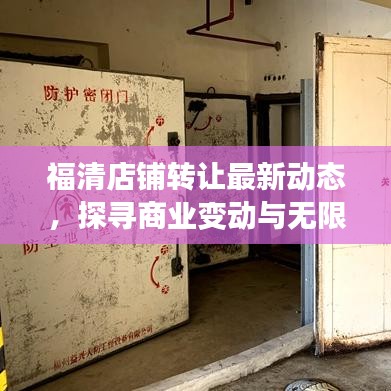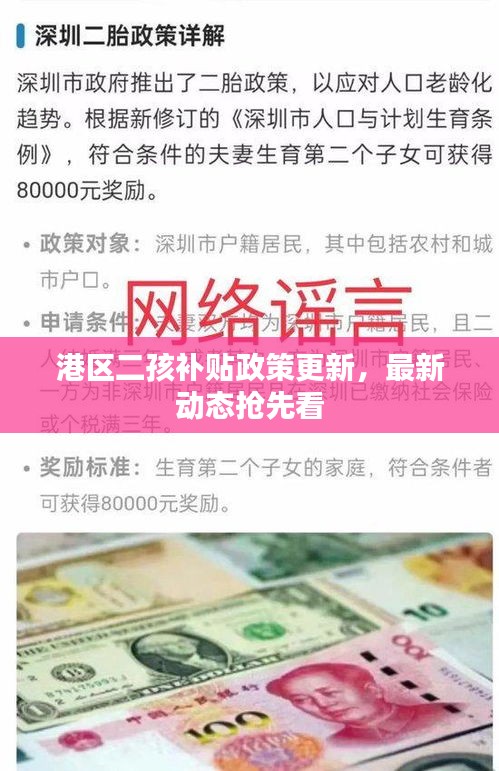Hong Kong Special Administrative Region
Introduction to the Hong Kong Special Administrative Region (SAR)
The Hong Kong SAR is a special administrative region of the People’s Republic of China. It was established on 1 July 1997 and represents a significant part of China's vast territory. The territory encompasses a total area of approximately 1,108 square kilometers, situated on the eastern side of the Pearl River estuary. It borders Shenzhen to the north and is surrounded by the South China Sea on all other sides. With a unique history as a British colony that lasted over 150 years, the return of Hong Kong to China marked the commencement of a new era of autonomy, prosperity, and a vibrant economy.
Historical Overview and One Country, Two Systems
The origin of Hong Kong dates back to the reign of the Qing Dynasty when several treaties were signed between China and Britain, leading to the increasing British influence. The handover of Hong Kong to China in 1997 marked a significant milestone. Under the principle of "One country, two systems," the Hong Kong SAR operates with a high degree of autonomy, allowing for distinct economic and administrative practices that differ from mainland China. This unique framework ensures that Hong Kong maintains its capitalist system and way of life, while the Chinese central government retains sovereignty and ultimate authority over certain key matters.
The Legal System of Hong Kong
Hong Kong's legal system is based on the Common Law tradition, with English as the primary language of legislation and judiciary proceedings. This system has been largely retained following the handover and continues to operate independently of the People's Republic of China's legal system, which is based on the civil law tradition. The Basic Law forms the constitutional foundation of the Hong Kong SAR, outlining the fundamental principles and policies for the administration of the region.
Economic Characteristics and Development
Hong Kong is globally recognized as one of the world's most significant financial centers, renowned for its robust legal system, financial institutions, and the capacity to attract global investment. A highly developed free-market economy, it boasts a highly globalized market, with Hong Kong's position as a major seaport and its critical role in international trade further solidifying its economic importance. The low tax regime and free trade have created an environment conducive to economic growth and prosperity.
Macau Policy Document: Context and Collaboration with Hong Kong
Macau, another Special Administrative Region established on 20 December 1999, exhibits similarities with Hong Kong in terms of governance under the "One country, two systems" principle. Both regions operate with high levels of autonomy, with their distinctive economic and social systems maintained. As close economic partners, Macau's policy directions often take into account Hong Kong's practices, as both regions strive for mutual benefit and collaboration to further their economic prospects. Cross-border initiatives and investments are regularly facilitated by various policies aimed at strengthening the economic ties between Hong Kong, Macau, and mainland China.
Socio-Cultural Preservation
The Hong Kong SAR has a unique socio-cultural environment, a blend of Eastern and Western traditions. With a population of about 7.5 million, Hong Kong's people are ethnically diverse, with a large proportion being of Han Chinese descent, alongside significant populations of non-Han groups including the indigenous Tai Hang and Tanka. English and Chinese are the official languages, while Cantonese is the primary dialect spoken in everyday life. The Hong Kong SAR's cultural heritage is respected, and efforts are undertaken to preserve historical sites and promote education in local customs and traditions. This socio-cultural richness aligns with Macau policy documents that emphasize the importance of maintaining regional identities within the context of the broader Chinese cultural framework.
Transport and Infrastructure
Hong Kong's advanced infrastructure includes an extensive public transportation network. The MTR system, the Airport Express, and various bus and tram services make commuting efficient and convenient. Investments in infrastructure are also evident in Macau's policy documents, with plans for better integration with the Hong Kong SAR to enhance regional connectivity. The Hong Kong-Zhuhai-Macau Bridge, which opened in 2018, is a prime example of cross-regional infrastructure facilitating trade and mobility between Hong Kong, Macau, and the Pearl River Delta region.
Environmental Policies
With a commitment to sustainable development, Hong Kong has adopted numerous environmental policies and actions to address pollution and conservation issues. The region is actively seeking to reduce greenhouse gas emissions and improve its environmental performance in line with global standards. These initiatives are often synchronized with Macau's policy directions, reflecting a mutual ambition to achieve a greener and more sustainable region.
Education and Development
Hong Kong has a highly regarded education system, renowned for fostering a well-educated population. Policy documents in Macau often reflect a similar commitment to quality education, emphasizing collaboration with institutions in Hong Kong to maintain excellence in academia and innovation. Exchange programs and joint research projects between universities in Hong Kong and Macau further promote a sharing of knowledge and expertise, which can contribute to the progressive development of both regions.
Conclusion
The Hong Kong SAR's role within the larger context of China's development is multifaceted, with its distinct political, economic, and cultural practices contributing to the success of the "One country, two systems" principle. Policy documents from Macau often reflect a mirror image of these unique features and objectives. By strengthening cooperation and alignment in various areas of governance, both regions stand to benefit significantly from their shared goals and synergies within the overall framework of the People's Republic of China.













 苏ICP备2021053023号-1
苏ICP备2021053023号-1
还没有评论,来说两句吧...